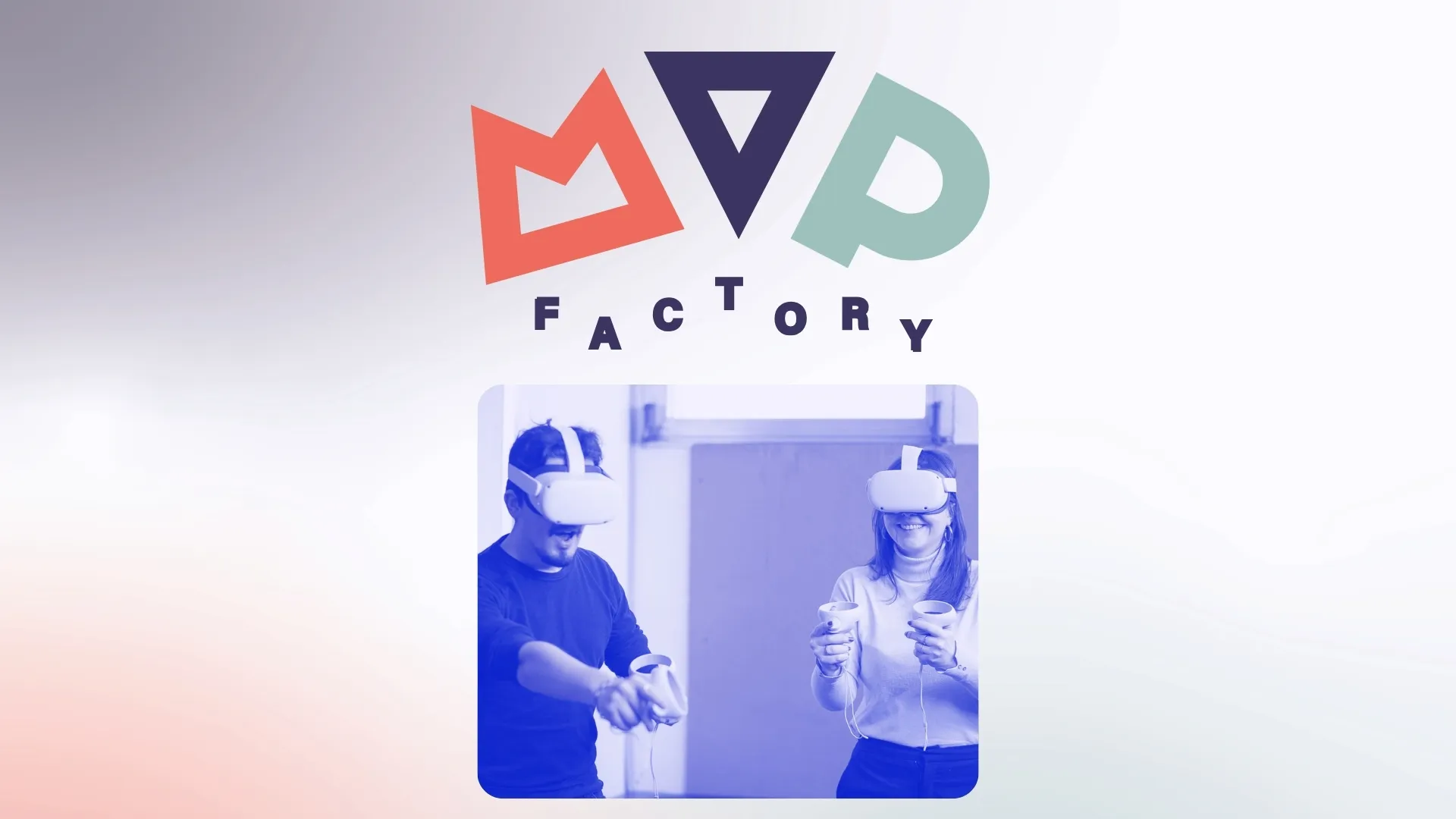Discover art through immersive reality and interactive play

here is CHRONES's VR gamification platform.

Live theatrical performances dialogue with an immersive reality also made up of interactive games that can be accessed through visors: the innovative startup CHRONES. works on these elements to bring the public closer to art. In fact, the team is composed of a group of actors who have designed a tool, available mainly to museums and educational and cultural institutions (but not only), to make the user experience unique. The SEPHIROT® INTERACTIVE EXPERIENCE VR platform offers highly customizable game design solutions that can be applied to any theme to simulate environments and also develop social skills through play.
The project participates in the MVP Factory acceleration program, an initiative created by Apply, Nana Bianca, StartupItalia and Radix as part of the TOCC notice of the Ministry of Culture, which promotes innovation and digitalization of micro and small businesses, third sector entities and profit and non-profit organizations operating in the cultural and creative fields.
“We are a start-up founded in 2023 with the aim of rediscovering new ways of seeing things through fruitful communication between art and science. Our field of interest lies between software production and live entertainment, in the name of hybridization! We develop Game Design solutions that put the user experience first for the creation of communities without boundaries of time and space,” explains Elisa Armellino, one of the founders of CHRONES.
The SEPHIROT® INTERACTIVE EXPERIENCE VR platform focuses on Edutainment, for non-frontal education and a different cultural approach to art, but it can also serve, for example, for teambuilding activities for companies and in those situations of business life where virtual reality can help create a more relaxed and authentic atmosphere.
Thanks to the MVP Factory acceleration program, the CHRONES. team is working on the technological development of the platform and is focusing on the points of value that serve to better communicate and promote the project.
How does it work? “Imagine - continues Elisa - the ceramic area of a museum that often does not arouse the interest of most visitors, thanks to our visors the user can find himself talking to Nicostenes, the Greek ceramist from Athens in 550 BC and through interactive games to understand how the vase in front of him was used, what are the characteristics of this object. The method is that of role-playing. Also interesting for museums is the possibility of obtaining data on user behavior, after the experience, to structure subsequent cultural strategies.”

